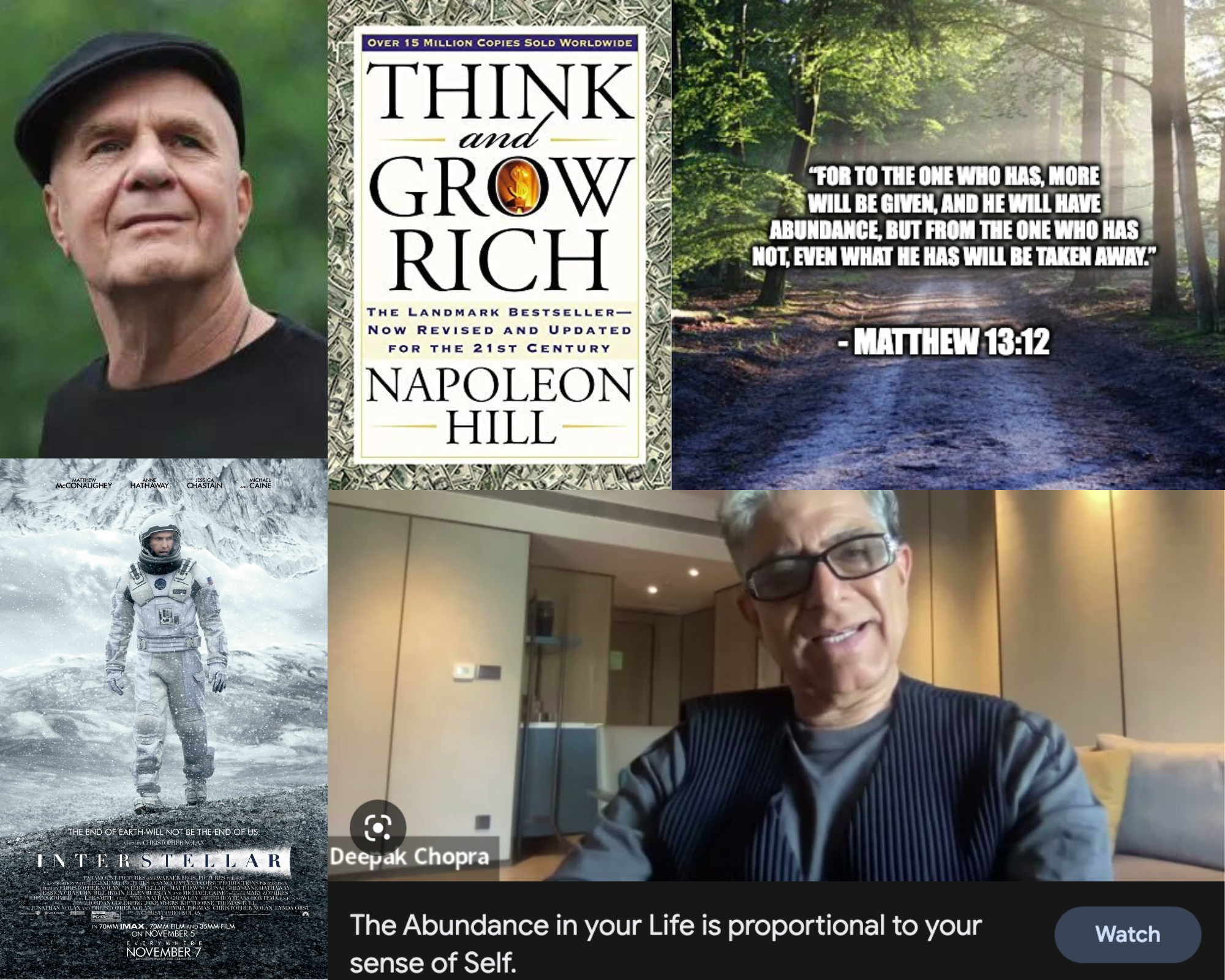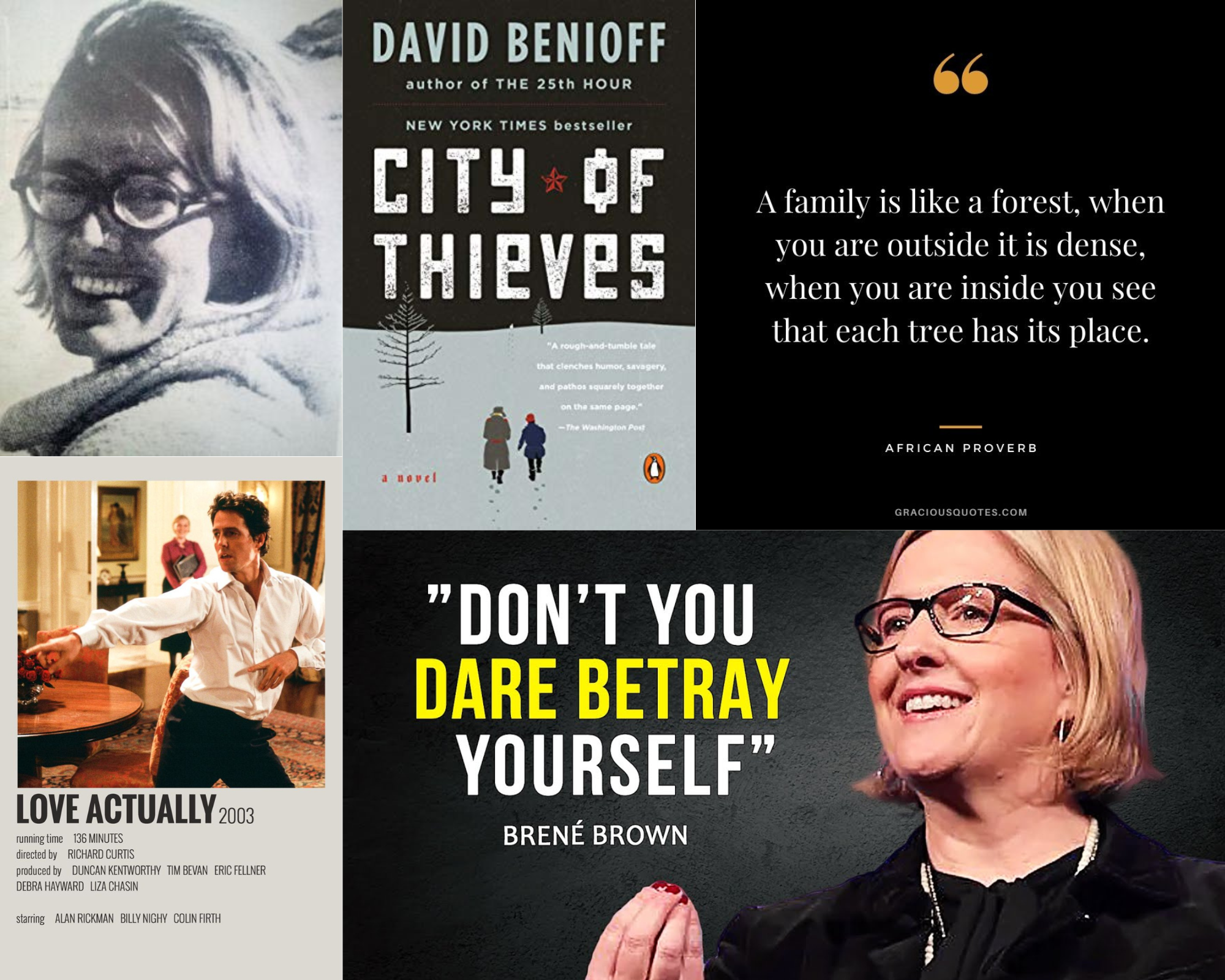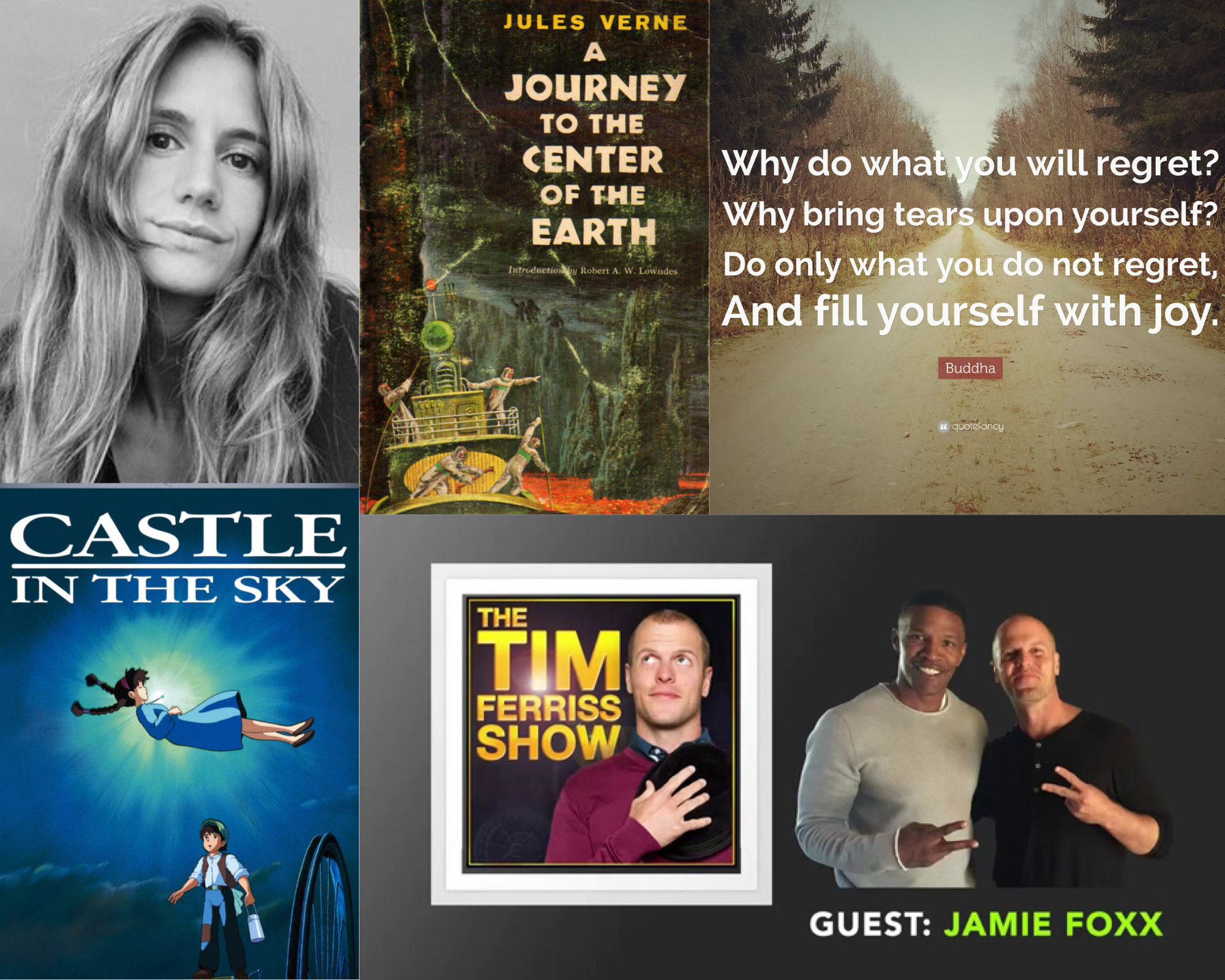Sunday Supplement #86 (January 1st, 2023)
Below is another Sunday Supplement with a quote worth sharing, a book worth reading, a movie worth watching, brainfood worth consuming, and a spiritual passage worth pondering.
I hope you take something away from these recommendations that enriches your week ahead!
Quote of the Week:
“A birth-date is a reminder to celebrate the life as well as to update the life.”
– Amit Kalantri
Book of the Week:
War and Peace – Leo Tolstoy
When Covid-19 first settled in, I decided to go to my bookshelf and tackle the volumes I had bought but had ignored over the years. I’m glad I finally got to War and Peace.
The book was first published in 1869 after being published serially in the years before. It has survived and been considered a classic for almost 200 years because of its quality.
War and Peace mixes a fictional narrative with historical events of France’s invasion of Russia and the impact of the war on Tsarist society.
Tolstoy follows five Russian aristocratic families throughout the book and brilliantly captures the lifetime of the characters.
The book offers an incredible glimpse of humanity and all of the celebrations and struggles of the characters. If the book has ever piqued your interest, check it out.
Movie of the Week:
A five-year-old boy, Saroo, gets separated from his brother one night and can’t find his way home. An Australian couple ends up adopting him, and 25 years later, Saroo sets out to find his lost family.
The film is based on the true story of Saroo Brierley and his book A Long Way Home. The book was adapted by Luke Davies and directed by Garth Davis.
Lion follows the periods of the young Saroo getting lost and his older counterpart, grown up and wanting to reconnect with his past.
While the young actors perform amazingly in their roles, Dev Patel shines as the adult Saroo. The story’s weight rests on his shoulders, and he carries it brilliantly.
Lion was nominated for six Academy Awards, including Best Motion Picture of the Year, Best Performance by an Actor in a Supporting Role (for Patel— not Lead Role for some bizarre reason), and Best Adapted Screenplay.
The film didn’t win any Oscars in a great year of Cinema, but it should have. And it’s definitely worth a place in the history of great films.
Brainfood of the Week:
This Simple Idea Will Make You Happier | Improvement Pill
The theme of this week’s post is celebrating your wins and setting new goals. This Improvement Pill video is fantastic for helping you create a positive game plan.
I won’t spoil the beginning of the video, but it should get you to watch the rest of the five-minute clip.
The video then explains how our internal “translator” is responsible for how we perceive the events of our lives. If we have a negative setting, we get negative experiences, while a positive setting creates positive experiences.
And one of the best things about the video is its follow-through of showing how you can change your settings.
I’ve featured Improvement Pill in three previous Sunday Supplements. Their channel has over three million subscribers and focuses on teaching practices that can help change your life.
Closing Spiritual Passage:
“With hardship comes pleasure, and with pleasure comes hardships.” (苦あれば楽あり)
– Japanese Proverb
This Japanese proverb was a fun one to dissect. At first glance, I thought of the example of completing a task and the good feeling that comes afterward.
The second half of the proverb reminded me that some good things are worth the hardship required to achieve them.
And when I look at the proverb in its entirety, I see that hardships can be a blessing and sometimes bring out the best in you.
Take stock of your life, appreciate what you’ve accomplished, look at what you want to achieve and what you want to eliminate moving forward, and have a blessed year ahead!
Comments closed



